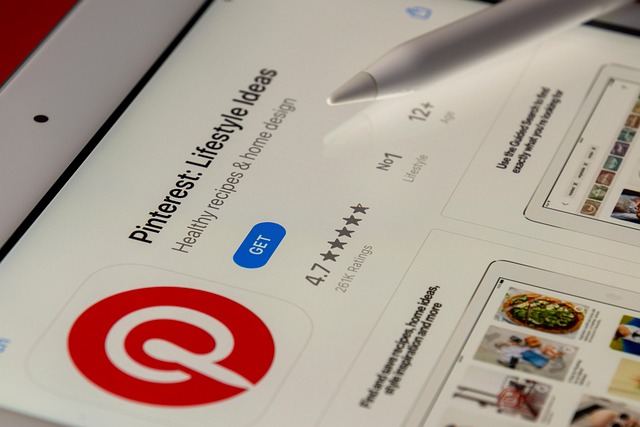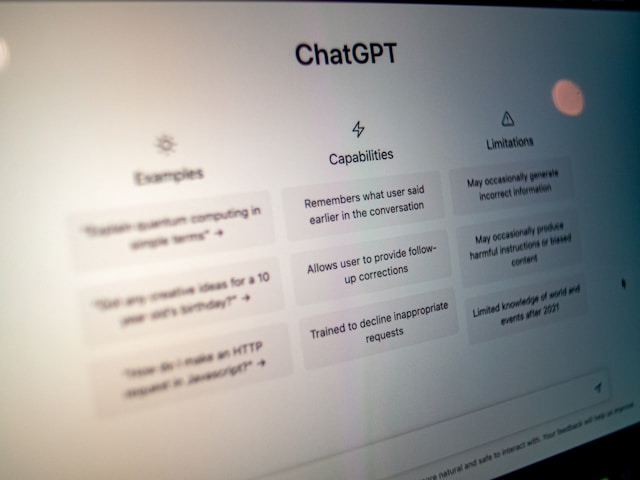Google’s new AI-driven features, including AI Overviews and chatbot-style search tools, are significantly reducing web traffic for news publishers, according to a recent report from The Wall Street Journal.
These tools allow users to get answers directly from Google — often generated using publishers' content — without clicking through to actual news websites. As a result, referral traffic to publishers is dropping, threatening the revenue needed to support quality journalism.
What’s Happening?
- AI Overviews, launched in 2024, offers quick summaries at the top of search results. This has already impacted websites offering travel advice, health tips, and product reviews.
- AI Mode, Google’s chatbot competitor to ChatGPT, is expected to have an even bigger impact as it provides conversational responses with minimal external links.
- For instance, The New York Times saw traffic from Google search drop to 36.5% in April 2025, down from 44% in 2022, according to Similarweb data.
Google’s Response
While publishers report traffic losses, Google claims AI Overviews are increasing overall search usage. However, the benefit may not be reaching content creators, especially news outlets who rely heavily on clicks for revenue.
How Publishers Are Responding
To adapt, some publishers are seeking alternative business models:
- Content licensing deals: The New York Times signed a deal with Amazon to license its articles for AI training.
- Partnerships with AI firms: Outlets like The Atlantic and The Washington Post are working with companies like OpenAI.
- Ad revenue sharing: AI startup Perplexity plans to share ad revenue with publishers when its chatbot uses their content.
Looking Ahead
As AI search tools evolve, publishers face increasing pressure to rethink how they distribute and monetize content. Without direct traffic, many fear a long-term threat to independent journalism.










